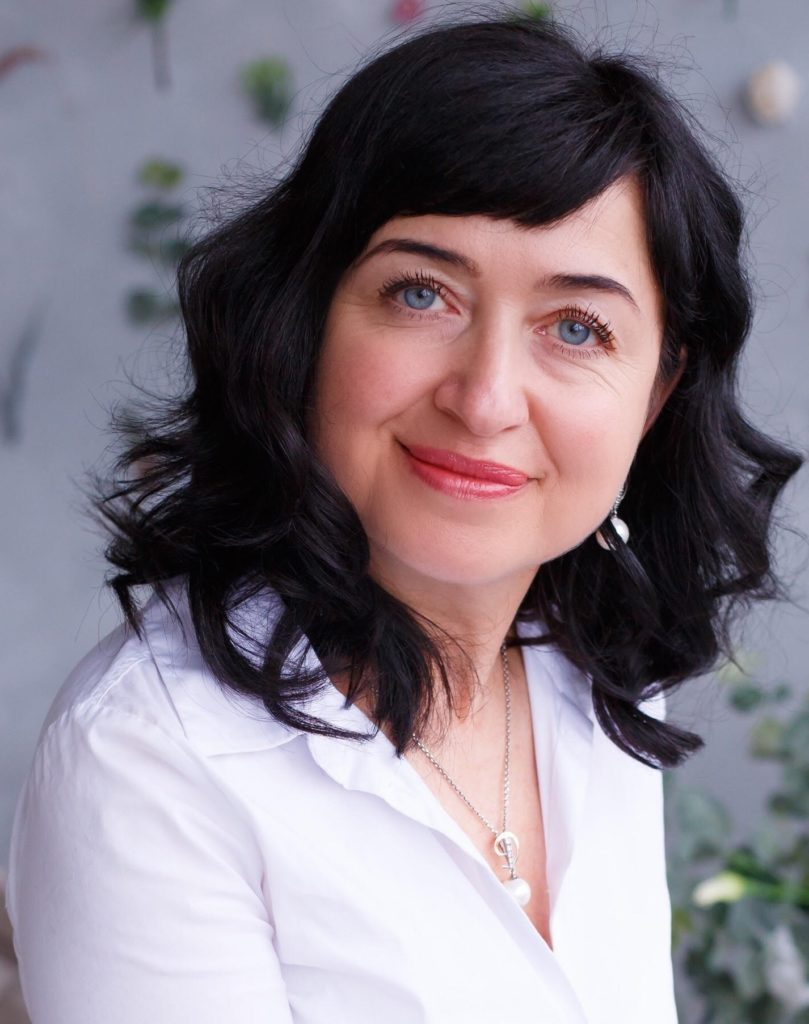Centre for Interdisciplinary Holocaust and Genocide Studies
Centre for Interdisciplinary Holocaust and Genocide Studies

Professor Larysa Zasiekina is a clinical psychologist and senior lecturer at the Department of Psychology at the University of Exeter. She is clinical researcher of post-traumatic stress disorder (PTSD), moral injury, continuous traumatic stress, and the cultural memory of trauma. As the founder of the Ukrainian Psychotrauma Center, she focuses on the intergenerational transmission of genocidal trauma in Ukraine and Eastern Europe, with particular emphasis on the psychological legacies of the Holodomor (a man-made famine in the Soviet Union targeting ethnic Ukrainians) and the Holocaust in the descendants of survivors.
Zasiekina is Principal Investigator on a current interdisciplinary project, “Exposure to continuous traumatic stress and its consequences among at-risk adolescents and young adults in Ukraine”, conducted in partnership with the Developmental Cognitive Neuroscience Group at the University of Cambridge and British Academy. This project examines how previous family histories of genocidal trauma, especially among second, third, fourth and fifth-generation descendants of Holodomor and Holocaust survivors affect adolescents exposed to the current war-related trauma caused by the Russian invasion of Ukraine.
Drawing on over two decades of clinical and research experience, Zasiekina’s work integrates psychotraumatology, clinical psycholinguistics, and trauma-focused therapies. She began her research in trauma in the 1990s, interviewing living Holodomor survivors and, more recently, studying their direct descendants from regions of Ukraine historically impacted by repeated genocidal violence. Her research has shown that many Ukrainian families live under the shadow of “genocide twice over,” shaped by both the Holodomor and the Holocaust.
As a Fulbright Scholar (2010–2011; 2015–2016), she conducted comparative studies on collective trauma among Native American and African American communities in the United States. She is a current member of International society of traumatic stress studies (ISTSS), European society of traumatic stress studies (ISTSS), International Society of Political Psychology (ISPP), and International Association of Genocidal Studies (IAGS).
In 2024, she received the Nevitt Sanford Award for Outstanding Contribution to Political Psychology for her project NoW (Narratives of War), an open-access virtual exhibit that presents war-related narratives of the Russia-Ukraine war across time, space, and generations.
The most relevant publications on genocidal trauma